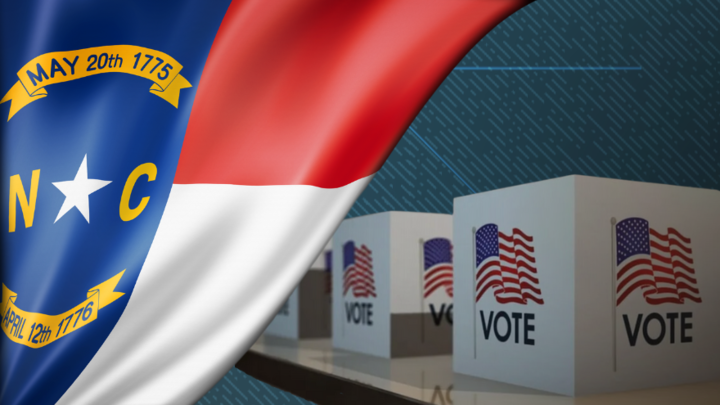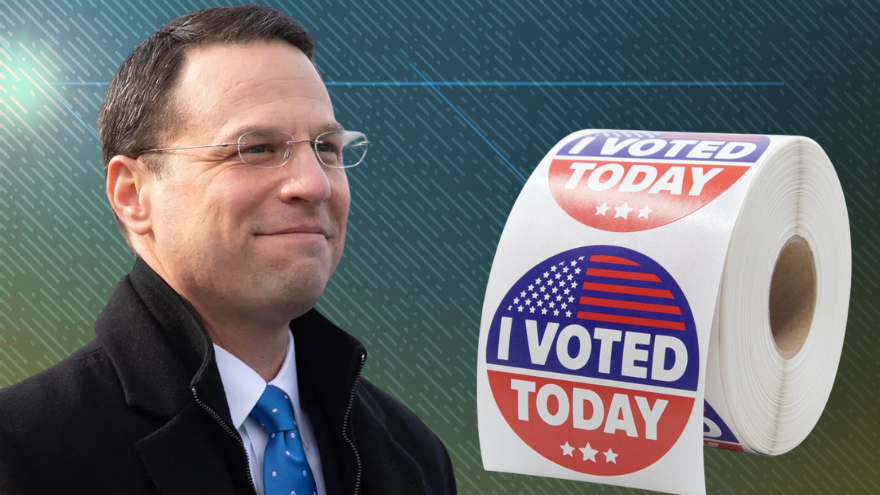A judge struck down a North Carolina law barring felons from voting in state elections before having their rights restored.
United States District Judge Loretta Biggs ruled that the law, NCGS § 163-275(5), was created for discriminatory purposes and thereby violates the Equal Protection Clause. Biggs declared that the law “has not been cleansed of its discriminatory taint” and “continues to disproportionately impact Black voters.”
“The Court holds that the Challenged Statute violates both the Equal Protection and Due Process Clauses of the Fourteenth Amendment,” Biggs wrote in her order on April 22.
The law was originally passed in 1877. A convicted felon who votes without officially having their rights restored can be convicted of a Class I felony and can face up to two years in jail. In 2023, the state legislature added a “scienter requirement” to the law which mandated that only felons who knew their rights had not been restored and voted anyway could be charged.
“Defendants, in an extraordinary and telling concession, ‘do not contest that the historical background from the original enactments of 1877 and 1899 are indefensible.’ Defendants further do not contest that the law currently impacts African-Americans at a higher rate than it does other citizens,” Biggs wrote.
The state’s argument “that, by adopting a new constitution in 1971, the North Carolina Legislature cleansed the Challenged Statute of its discriminatory taint” failed in the judge's opinion.
A different state law barring felons from voting until they complete their sentence, NCGS § 13-1, remains in effect.
The North Carolina A. Philip Randolph Institute and Action NC filed a lawsuit in September 2020 challenging the laws. The two organizations run voter education programs and argued the law obligated them to spend money to inform felons of the need to get their rights restored. Lawyers for the plaintiffs described the law as “unconstitutionally vague,” per AP News.
“Critics of North Carolina’s felon voting restrictions turned their attention back to federal court last year, less than two months after the NC Supreme Court rejected a challenge of the state’s felon voting restrictions in April 2023,” reports The Carolina Journal. “Plaintiffs in a separate case called Community Success Initiative v. Moore had challenged felon voting restrictions — § 13-1 — through the state court system. Activists hoped to open the door to voting for as many as 56,000 felons who had completed active prison time but had not completed their full sentences. A split 2-1 trial court ruling, upheld by a split 2-1 state Appeals Court decision, allowed felons to register and vote in the November 2022 election.”
The North Carolina Supreme Court subsequently overturned the lower court’s ruling.
Laws regulating if and when people convicted of felonies can vote vary by state.
Felons in Maine and Vermont never lose their voting rights. In other states – including Colorado, Hawaii, Nevada, and Pennsylvania – felons cannot vote while in prison but have their rights automatically restored when they are no longer incarcerated. Other states – such as Alaska, Kansas, New Mexico, Texas, and South Carolina – restore a felon’s voting rights when they have completed all the components of their sentence including parole or probation.

